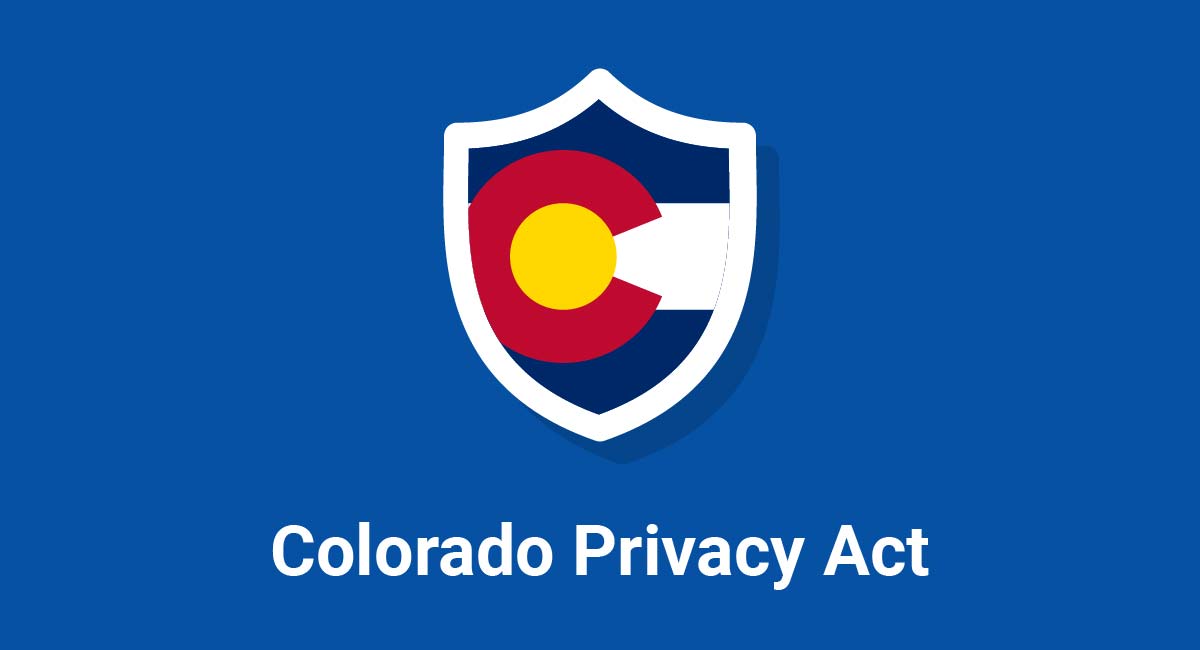Understanding the Risks of Non-Compliance with State Privacy Laws
In recent years, the landscape of data privacy laws in the United States has become increasingly complex. States such as Virginia and Colorado have enacted comprehensive data protection regulations like the Virginia Consumer Data Protection Act (CDPA) and the Colorado Privacy Act (CPA), respectively. These laws introduce strict requirements regarding data collection, user rights, and tracking disclosures for businesses operating websites that collect personal information from state residents.
Many companies have found themselves at risk of legal action, including lawsuits, due to non-compliance with these evolving state privacy laws. Often, these risks stem from outdated privacy policies, inadequate consent mechanisms, or lack of transparency in data practices. Without proper adherence to each jurisdiction's unique requirements, businesses face potential fines, investigations by authorities, and exposure to costly class-action lawsuits.
The Growing Importance of State Privacy Laws in 2025
As we approach 2025, it is evident that data privacy regulation at the state level is gaining momentum across the United States. While the California Consumer Privacy Act (CCPA) paved the way for stronger consumer protections, other states are following suit with equally stringent laws. The Virginia CDPA and Colorado CPA represent landmark statutes that expand user rights, enforce transparency obligations, and require businesses to build consent mechanisms aligned with their compliance frameworks.
These laws not only dictate what personal data can be collected but also mandate businesses to provide consumers with clear information about data usage, tracking technologies, and opt-out options. Failure to comply can lead to enforcement actions by state attorneys general and private litigants, resulting in severe financial and reputational damage.
Key Compliance Challenges for Businesses
Navigating the complex terrain of varying state privacy regulations presents several challenges for businesses, especially those with a nationwide online presence. The following are some primary obstacles companies face:
- Interpreting and implementing different requirements from multiple state laws simultaneously;
- Effectively updating privacy policies to reflect all applicable legal obligations;
- Developing and deploying user consent and opt-out mechanisms that satisfy each jurisdiction;
- Ensuring continuous monitoring and auditing of data practices to maintain ongoing compliance;
- Preventing lawsuits and avoiding costly penalties resulting from non-compliance.
How Our Legal Team Supports Your Compliance Journey
At Legal Marketplace CONSULTANT, we specialize in helping businesses stay compliant with ever-evolving state privacy laws. Our expert legal team offers comprehensive services designed to address the multifaceted demands of data protection regulations across jurisdictions. We provide the following key solutions:
- Auditing your current data collection and processing practices to identify compliance gaps;
- Updating and customizing your website's privacy policies to comply with the Virginia CDPA, Colorado CPA, and other relevant state laws;
- Designing and implementing tailored consent management frameworks that ensure transparent user consent and lawful data handling;
- Providing ongoing legal consultation and risk assessments to adapt to new or amended legislation;
- Facilitating training and awareness programs for your internal teams to promote privacy compliance culture;
- Supporting your business through investigations or litigation processes if necessary.
Avoiding the Consequences of Non-Compliance
The repercussions of not aligning your website and data practices with state privacy laws can be severe. Penalties for violations under laws like the Virginia CDPA and Colorado CPA may include substantial monetary fines, legal sanctions, and mandatory corrective actions. Furthermore, the risk of class-action lawsuits from affected consumers adds a layer of complexity and potential cost, threatening both your company’s financial stability and public reputation.
Proactive compliance efforts minimize these risks by ensuring your business operates transparently, respects user rights, and demonstrates accountability. Maintaining compliance not only protects you from government enforcement but also builds trust with your customers in an environment where data privacy is increasingly valued.
Key Elements for Achieving Privacy Compliance on Your Website
Attaining full compliance involves several critical components that must be integrated cohesively across your website’s infrastructure:
- Privacy Policies: Clearly written and accessible documents outlining what data is collected, how it is used, and with whom it is shared;
- User Consent Mechanisms: Interactive consent management platforms that allow users to easily provide, modify, or withdraw consent for data processing activities;
- Data Subject Rights Fulfillment: Systems to facilitate users’ exercise of their rights, including access, correction, deletion, and portability of personal data;
- Third-Party Vendor Management: Ensuring that all external service providers comply with applicable privacy laws and contractual obligations;
- Security Measures: Implementing technical and organizational safeguards to protect personal data from unauthorized access or breaches;
- Regular Audits and Updates: Continuous monitoring and revising of policies and procedures in response to legal developments.
Legal Marketplace CONSULTANT: Your Partner in Data Privacy Compliance
Legal Marketplace CONSULTANT is a trusted legal partner dedicated to guiding businesses through the complexities of state privacy laws in the U.S. We understand that compliance is not a one-time task but an ongoing commitment that evolves alongside regulatory changes. Our team of skilled attorneys, privacy experts, and compliance specialists work collaboratively to develop tailored solutions that fit your unique operational needs and risk profile.
Whether your company is a startup entering the market or an established business scaling operations nationally, we offer scalable legal assistance designed to mitigate risks and foster sustainable growth within the boundaries of privacy regulations.
Steps to Ensure Your Website Is Legally Compliant
- Conduct a comprehensive assessment of all data collected through your digital platforms;
- Review and revise privacy notices to reflect all applicable state laws accurately;
- Develop and integrate user-friendly consent management tools that comply with state-mandated requirements;
- Train your team on privacy awareness and data protection best practices;
- Implement ongoing compliance monitoring and remediation processes;
- Remain informed about forthcoming legal amendments and emerging privacy standards.
Conclusion: Protect Your Business by Staying Compliant
As state privacy laws like the Virginia CDPA and Colorado CPA continue to reshape the regulatory environment, businesses cannot afford to overlook compliance obligations. Building transparent data practices and implementing robust consent mechanisms are essential steps to protect your company from fines, legal actions, and reputational damage. At Legal Marketplace CONSULTANT, we are committed to helping your business navigate these challenges by providing expert guidance, tailored legal services, and proactive support.
Stay ahead of evolving regulations, avoid costly pitfalls, and maintain the trust of your users by partnering with us. Compliance is not just a legal requirement; it is a strategic advantage that fosters confidence and supports long-term success.
Legal Marketplace CONSULTANT provides comprehensive legal compliance auditing to protect your business against privacy law violations.
We design transparent consent management systems tailored to each state's legal requirements.
Our team supports ongoing compliance efforts to help you avoid fines, investigations, and legal exposure.































